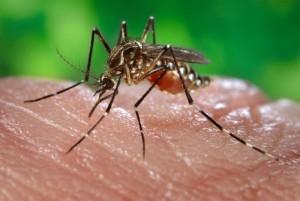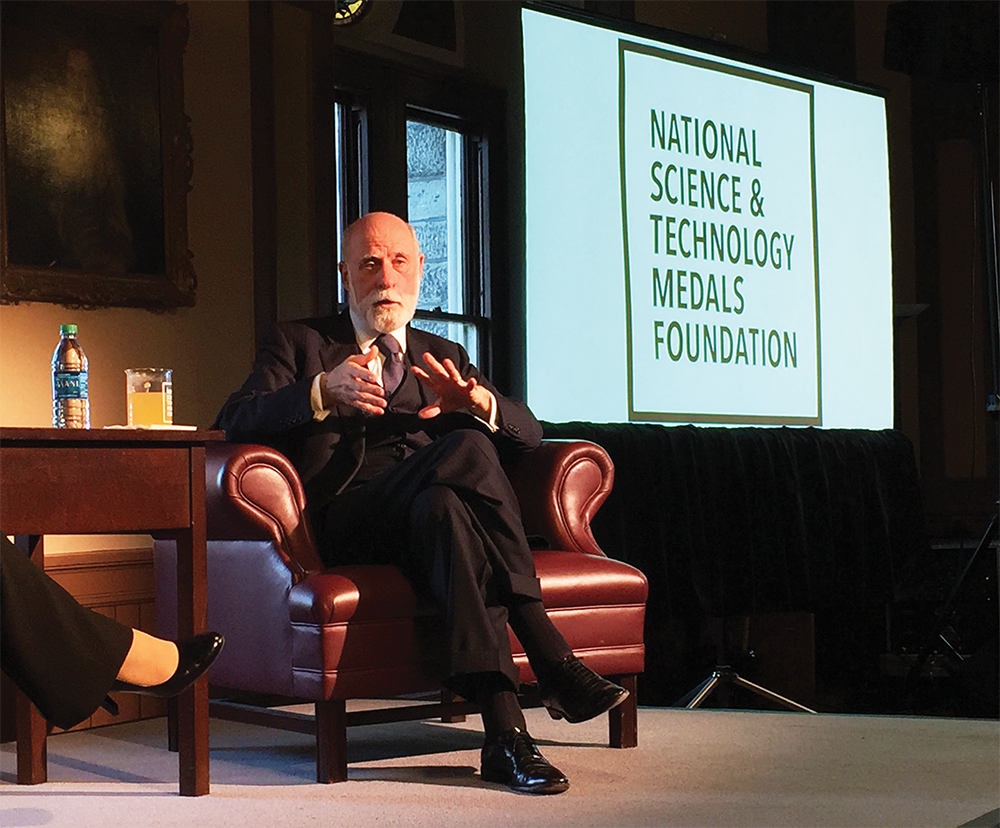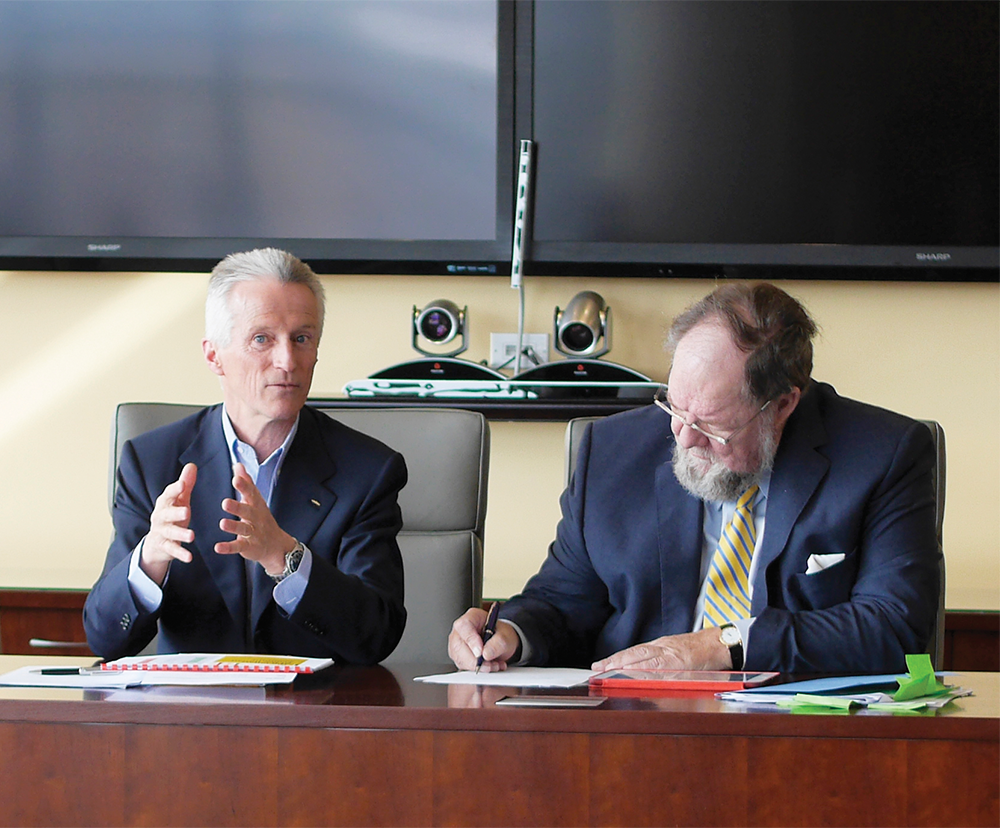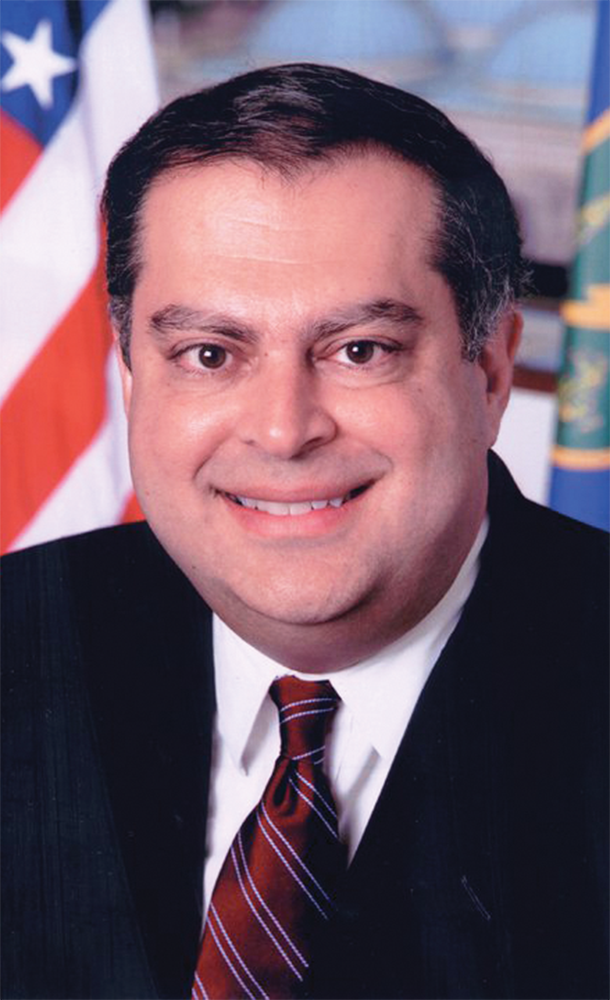
Georgetown professor of global health law Lawrence Gostin is concerned about the World Health Organization’s Nov. 17 decision to formally lift Zika’s emergency status, arguing the move decreases the prospects of funding to fight and cure Zika, and downgrades public concern when certain populations are still at serious risk of becoming infected.
In an op-ed for the health- and medicine-focused STAT News organization, Gostin wrote that ending emergency status will negatively and tangibly affect the global aid directed at preventing and curing Zika by decreasing the urgency of the issue.
“Canceling the emergency lets uninformed politicians say, ‘It’s no longer an emergency. Let’s devote the funds to other priorities.’ That’s a likely scenario for the incoming Trump administration, which has shown its antipathy, if not hostility, to global and United Nations institutions,” Gostin wrote.
Gostin said in an interview with The Hoya that the development is concerning because South and Latin American countries are currently entering a time of aggressive seasonal risk.
“We’re now coming into the summer months of peak mosquito Zika months in Latin America, South Asia, Africa, many of the poor countries of the world, so this is the least opportune moment to call off an emergency and send a signal that all is well,” Gostin said.
However, Dr. Peter Salama, the executive director of the WHO’s Health Emergencies Programme, emphasized in an interview with the New York Times on Nov. 18 that the lifting of emergency status does not mean the disease is unimportant.
“We are not downgrading the importance of Zika, we are sending the message that Zika is here to stay and the WHO response is here to stay,” Salama told the Times.
The disease, though it most famously causes microcephaly in infants — small heads and underdeveloped brains — actually tends to be fairly mild for adults. In most cases, those infected have few or no symptoms, lasting only up to a week. According to the Centers for Disease Control and Prevention, Zika also appears strongly linked to Guillain-Barre Syndrome, which is a severe nervous system disorder — although most individuals with Zika never contract GBS.
Most commonly if, mosquitos transmit Zika to people. According to the Center for Disease Control, if the person infected is a pregnant woman, she can pass the virus to the fetus, causing severe birth defects. In addition, Zika can be transmitted sexually.
Despite being a substantially larger threat, Gostin said Zika received much less media attention than the Ebola virus did in 2014. According to Gostin, Ebola caused the greater frenzy because it caused a more dramatic, gruesome death and, for a brief period, it looked to be spreading more to the United States.
“The American media really only paid attention to Ebola when it was on our shores and we had a few isolated cases and then they way overreacted to it,” Gostin said.
Despite the lack of American panic, Gostin argues the United States should be doing more to prevent Zika worldwide.
“We have a moral responsibility as the most powerful nation in the Americas to be a leader and to care about, in the Jesuit tradition, all the suffering that is going on in the Latin American world,” Gostin said.
According to The New York Times, a number of companies and government organizations are working frantically to develop a Zika vaccine. Experts suggest there should be a functioning vaccine by 2018.
“I think it’s very realistic. And the reason is that unlike Ebola or AIDS, we already have a good model for vaccines for Zika because Zika is somewhat similar to dengue fever and it’s also transmitted by mosquitoes and malaria, things like that, and we already have vaccine models for those,” Gostin said.
Ben Johnson (NHS ’17), a GERMS crew chief, has had to think about Zika more as a result of his prominent health position on campus.
“It’s something that we’re looking for and we potentially have a larger chance of running into in the field,” Johnson said. “One of our stock questions, whenever we see someone with flu-like symptoms we ask about recent travel history. That used to be, we were thinking about Ebola and now we ask the same question but we’re kind of thinking about Zika more.”












